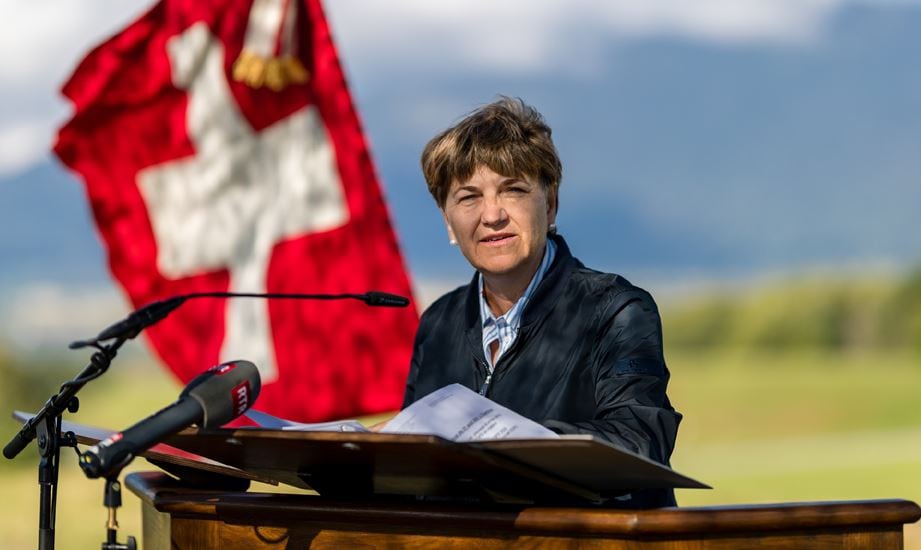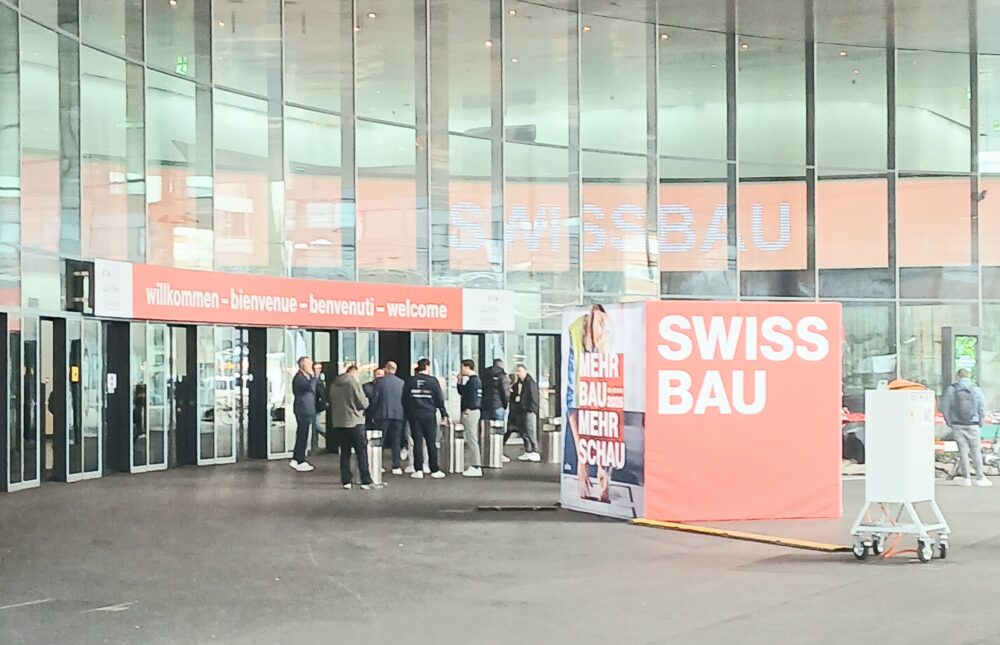"A secure Switzerland - what we want and need to do to achieve it".
The world has become more unstable and unpredictable, said Viola Amherd during a presentation at the University of Zurich. Praise was due to the educational institutions, which make a valuable contribution to Switzerland's security through their training of specialists and the transfer of knowledge.

International cooperation has become more difficult in recent years, said Defense Minister Viola Amherd in a guest speech at the invitation of the Center for Security Studies at ETH Zurich and the Europa Institute at the University of Zurich. Switzerland must prepare for a "nastier environment," she said: The organizations that are important for security have become less able to act. Therefore, a close interaction of all important instruments and a strengthening of international cooperation is needed, Amherd said.
Early detection of threats and crises is the focus, he said. However, some things had already been done. For example, investments have been made in the federal intelligence service, which is making its contributions to the early detection and analysis of threats. The second priority, Amherd said, was protection against cyber threats.
In addition, Amherd said, a lot has been done in recent years to improve cyber resilience with the DDPS and other departments. As an example, she cited the cyberdefense campus that the DDPS had created together with ETH Zurich and EPFL. Now, she said, the expansion of cyber resources for the Armed Forces is also a high priority. For example, a cyber course has already been implemented to train young talented cyber specialists.
New security policy report
"The development of the threat situation is characterized precisely by the fact that attacks and conflicts can take on different forms and the transitions are fluid," Viola Amherd emphasized. The protection of airspace is also one of the core tasks.
For Viola Amherd, another priority of Swiss security policy is to strengthen international cooperation: "In view of increasing confrontation and the formation of blocs, we must work even harder and in a more targeted manner internationally for stability and security." Military peacebuilding is an important contribution to this.
Switzerland must be realistic and not overestimate itself, says the defense minister. Capabilities and means that are in particular demand include, for example, air transport or reconnaissance work with drones as well as the clearance and destruction of mines and other weapons.
In addition, it is also important to be better prepared for natural disasters, as these are likely to occur more frequently and more intensively in the future due to climate change and settlement density. In this context, the Federal Councilor spoke of the introduction of secure communication channels for crisis bodies.
At the end of November, the Federal Council will also publish a new report on Swiss security policy, which will illustrate the thrust of Swiss security policy for the coming years. Until now, the Federal Council has produced such reports every six to ten years. Due to the rapid changes, a security policy report is to be published every four years in the future.
Adjustments to security policy are always needed, Amherd concluded her speech. The broadest possible support and a basic consensus are important in order to be able to pursue a common and effective security policy in Switzerland.
Source: DDPS/ETH Zurich









